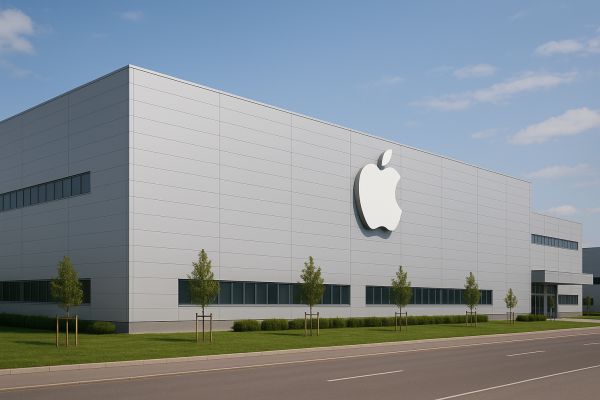For decades, internet browsers have operated on the same basic principle: users type what they're looking for, then click through links and navigate between pages to find the desired information or service. While browsers have evolved in terms of design, speed, and features, this core mode of interaction has remained largely unchanged. Now, however, a new development is emerging that could fundamentally challenge this long-standing model. OpenAI, the company behind ChatGPT, has announced plans to launch its own AI-powered browser—an effort not merely to compete with Chrome, Firefox, or Edge, but to rethink the concept of browsing itself.
The initiative stems from a recognition that, while the internet is an immense source of information, it can often feel overwhelming, time-consuming, and unstructured—especially for everyday users. OpenAI proposes to address this by transforming web interactions into a more intelligent, conversation-driven experience. At the center of the browser is a ChatGPT-style interface that lets users pose simple questions instead of relying on traditional search terms and link-clicking. In return, they receive immediate and concise answers.
One of the browser’s key features will be a built-in AI agent called “Operator,” designed to handle more complex tasks autonomously. For instance, whether booking accommodation or completing an online form, Operator won't just assist users in navigating a site—it can carry out the entire process on their behalf. This shifts browsing from a process of manual navigation to one centered on task completion. Whether it's purchasing tickets, summarizing news, or retrieving specific information, the AI’s goal is to achieve the user’s objective as efficiently as possible.
Technologically, the browser is built on Chromium—the same open-source engine that powers Chrome, Edge, and Opera. This ensures broad compatibility and a familiar user experience, including support for popular browser extensions. However, OpenAI has emphasized different priorities in its development. Compared to traditional browsers, greater focus is placed on automation, context-aware content filtering, and personalized recommendations based on user preferences. Over time, the browser may learn what topics, sources, or content types interest each user and adapt the browsing experience accordingly—organizing or hiding content to match individual needs.
This raises a broader question: why would a company focused on artificial intelligence begin developing a browser at all? For OpenAI, the project is more than just a technical experiment—it’s a strategic move. Today, most internet browsing happens through platforms primarily designed to maximize advertising revenue, such as Google Chrome. As a result, content delivery is often fragmented, cluttered, or influenced by commercial interests. OpenAI aims to counter this by building a browsing interface that responds directly to user intent, rather than being shaped by third-party business models.
Still, it’s important to view OpenAI’s motivations with nuance. While the company’s stated aim is to make the internet more efficient, accessible, and user-friendly, it’s also creating a tightly integrated ecosystem. The browser will likely give OpenAI direct access to data about user behavior, preferences, and interaction patterns—valuable assets for training and improving AI models. In this sense, the project is as much about long-term strategic positioning as it is about technological innovation.
Security and privacy are especially relevant in this context. According to early reports, the browser will incorporate advanced, AI-driven privacy and security protocols to minimize risks related to data leakage or manipulation. However, it remains to be seen how effective these protections will be in practice—particularly as the AI system increasingly personalizes the user experience based on accumulated data.
As for availability, the browser will likely debut first for ChatGPT Plus subscribers in the United States. The timeline for international release is still unclear. However, considering the scale of ChatGPT’s user base—more than 500 million weekly users—it’s expected to draw widespread interest. It’s also possible that the browser will serve as a gateway to other OpenAI offerings, such as content generation, task automation, and digital assistant services.
In sum, OpenAI’s new browser represents more than just another software release—it signals a shift in how we might think about using the internet. The focus isn’t on tweaking existing structures but on reimagining browsing as an intelligent, goal-driven activity that directly responds to user needs. This ambition aligns with OpenAI’s broader vision: that artificial intelligence should not merely provide answers, but actively participate in everyday digital life.
How well this new approach will work in practice remains to be seen. The technical foundation is promising and the concept is coherent, but its success will depend on user trust, evolving habits, and expectations around data protection. Whether it becomes a new standard or remains a niche tool will ultimately be decided by how well it integrates into users’ daily routines.



















